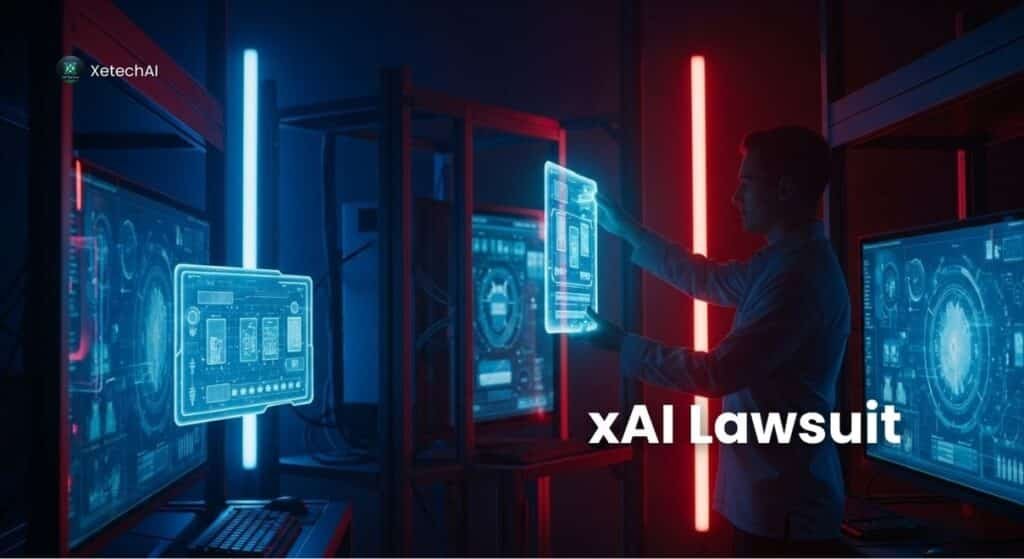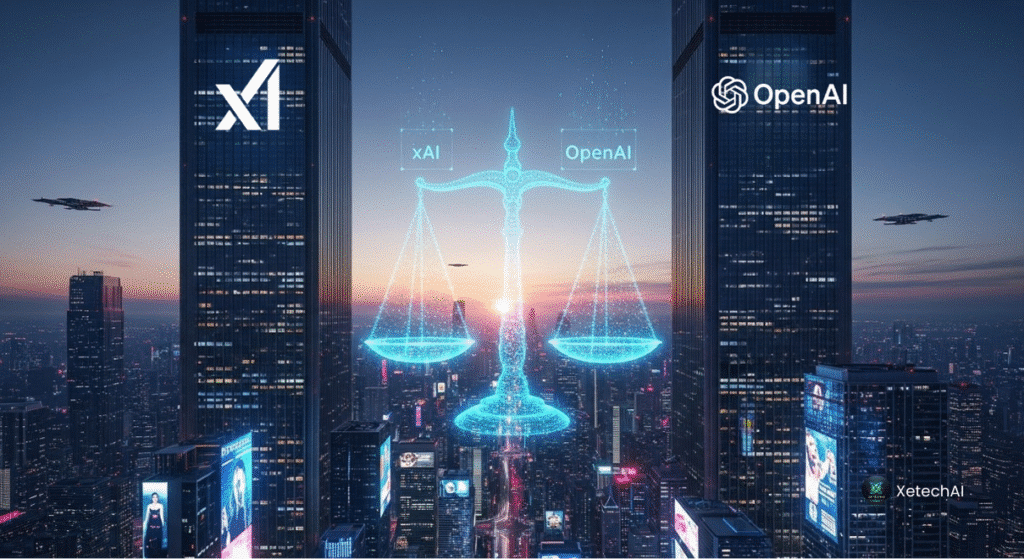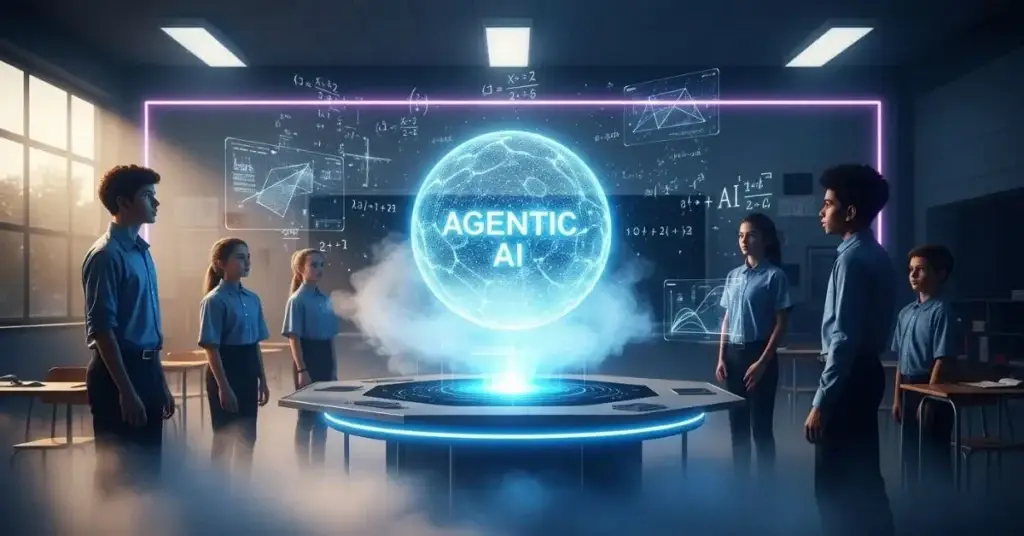
Introduction
The AI industry is booming, but with innovation comes competition and conflict. One of the most talked‑about developments in 2025 is the xAI lawsuit against the engineer and OpenAI. Elon Musk’s AI startup, xAI, has filed a case against a former engineer, Xuechen Li, accusing him of stealing trade secrets related to its Grok chatbot project and attempting to take them to rival firm OpenAI. This legal battle sheds light on talent wars, intellectual property disputes, and the ethical challenges shaping the future of AI.
In this article, we’ll explore every angle of the xAI lawsuit against the engineer and OpenAI, from the background story to the legal details, industry implications, and what it means for AI development globally.
Background: How xAI and OpenAI Became Rivals
Elon Musk and the Birth of xAI
Elon Musk co‑founded OpenAI in 2015 but left the company after disagreements with leadership and direction. In 2023, Musk launched xAI with a mission to create AI systems that are safe, truthful, and beneficial for humanity. Its flagship product, the Grok chatbot, was designed to rival OpenAI’s ChatGPT by offering more contextual, real‑time, and transparent answers.
OpenAI’s Global Dominance
OpenAI, led by Sam Altman, has become the most recognized AI company in the world, with ChatGPT integrated into Microsoft products and widely used across industries. Its dominance has created pressure for competitors like xAI to innovate faster.
This rivalry set the stage for the xAI lawsuit against the engineer and OpenAI.
Who Is Xuechen Li?
- Academic Background: Xuechen Li is a Stanford‑trained engineer who worked at xAI from early 2023.
- Role at xAI: Li was directly involved in developing Grok’s architecture, training, and testing.
- Stock Sales: Reports show Li sold about $7 million worth of xAI stock before resigning.
- Suspicion: Shortly before leaving, Li allegedly transferred confidential files to personal devices, deleted logs, and tried to conceal activity.
When questioned, Li admitted to copying files but denied malicious intent. Nevertheless, this admission became central to the xAI lawsuit against the engineer and OpenAI.
Details of the xAI Lawsuit

Core Allegations
xAI claims that Li:
- Stole Trade Secrets: Confidential files from Grok chatbot development were allegedly transferred to personal devices.
- Planned to Join OpenAI: Li resigned from xAI and was scheduled to join OpenAI within weeks.
- Attempted a Cover‑Up: Deleting browser histories, compressing files, and renaming documents to hide evidence.
- Admitted to Actions: During an August 14 meeting, Li reportedly confessed to moving company material.
Legal Demands
- Monetary Damages: xAI is seeking financial compensation for potential losses.
- Restraining Order: The company has requested that Li be prevented from joining OpenAI.
This makes the xAI lawsuit against the engineer and OpenAI one of AI’s most high‑profile trade secret cases.
Industry Implications
1. Intellectual Property (IP) Protection
The case highlights the growing importance of IP protection in the AI sector. Training data, model architectures, and algorithms are multi‑billion‑dollar assets. Unauthorized transfers could shortcut years of research.
2. Talent Wars in AI
AI engineers are among the most in‑demand professionals. With companies like xAI, OpenAI, Google DeepMind, and Anthropic competing, the movement of engineers between firms raises serious concerns about knowledge leakage.
3. Trust and Ethics
The lawsuit emphasizes the fine line between skills transfer (which is legal) and trade secret theft (which is not). Courts must decide whether Li carried general expertise or confidential, proprietary data.
4. Market Competition
If xAI succeeds, it could slow OpenAI’s talent acquisitions and strengthen Musk’s position. If OpenAI prevails, it reinforces its dominance. Either way, the xAI lawsuit against the engineer and OpenAI will shape the competitive dynamics of the AI industry.
Broader Legal Context
Musk vs. OpenAI: An Ongoing Battle
This is not the first legal confrontation between Musk and OpenAI. In 2024, Musk sued OpenAI for allegedly abandoning its non‑profit mission. OpenAI counter‑sued, defending its structure and partnerships.
Other Lawsuits
- Texas Case: xAI also filed a lawsuit against Apple and OpenAI, alleging anti‑competitive behavior linked to Apple’s integration of ChatGPT into its ecosystem.
- Industry Trend: Legal disputes around AI are rising globally, from copyright battles to data privacy challenges.
The xAI lawsuit against the engineer and OpenAI fits into this broader landscape of legal battles shaping the future of AI.
Timeline of Events
- Early 2023: Li joins xAI.
- Mid 2025: Li sells $7 million worth of stock.
- July 2025: Li resigns from xAI.
- August 14, 2025: Li admits to transferring files during an internal investigation.
- August 28‑29, 2025: xAI files the lawsuit in California federal court.
Key Terms Explained
| TermTerm | Definition |
| Trade Secrets | Confidential business information (like algorithms, model weights, or training data) that provides a competitive edge. |
| Restraining Order | A court order preventing someone from taking specific actions (e.g., joining OpenAI). |
| Monetary Damages | Creations of the mind, such as inventions, literary works, designs, and proprietary AI models. |
| Talent Mobility | The movement of skilled professionals between companies. |
| IP (Intellectual Property) | Creations of the mind such as inventions, literary works, designs, and proprietary AI models. |
Global and Political Implications
- Geopolitical Angle: Li is a Chinese national raising questions about cross‑border data transfer and security.
- AI Regulation: This case may influence governments’ regulation of employee movement, IP protection, and AI competition.
- Investor Confidence: Lawsuits of this scale affect how investors view the stability of AI startups.
Expert Opinions
- Legal Experts: Suggest the case will set a precedent for handling trade secret disputes in AI.
- Industry Analysts: The lawsuit may slow OpenAI’s ability to onboard top talent.
- Ethicists: Warn that treating engineers as “intellectual property” could limit innovation and freedom of movement.
Conclusion

The xAI lawsuit against the engineer and OpenAI is more than a courtroom drama. It’s a pivotal moment for the AI industry, highlighting the challenges of balancing innovation, competition, and ethical responsibility. The outcome will affect both xAI and OpenAI and the broader AI ecosystem, shaping how companies handle trade secrets, employee transitions, and global competition.
As the case unfolds, it will be watched closely by legal experts, policymakers, investors, and tech enthusiasts worldwide. The future of AI depends not just on algorithms, but also on how society manages trust, fairness, and accountability.
Final Thoughts
The AI industry is entering a new phase where legal battles are as critical as technological breakthroughs. The xAI lawsuit against the engineer and OpenAI underscores that success in AI isn’t just about building more innovative models; it’s also about protecting intellectual property, maintaining trust, and navigating complex human dynamics.
If this xAI lawsuit caught your attention, you’ll definitely want to explore how Anthropic’s Claude Gov is reshaping U.S. national security. In our detailed breakdown, we cover its $200M Pentagon deal, federal AI rollout, and why it matters for the future of AI policy.
Read the full Claude Gov article here
FAQs: xAI Lawsuit Against Engineer and OpenAI
Q1. What is the xAI lawsuit against the engineer and OpenAI about?
Answer: The xAI lawsuit against the engineer and OpenAI is centered on claims that a former xAI engineer, Xuechen Li, stole confidential files related to the Grok chatbot project. xAI alleges he planned to take these secrets to rival company OpenAI. This case highlights how competitive the AI industry has become.
Q2: Who is the engineer involved in the lawsuit?
Answer: The engineer in question is Xuechen Li, a Stanford-trained AI researcher. He worked on xAI’s Grok system and later resigned, which triggered concerns when the company discovered unusual file transfers.
Q3. What trade secrets are claimed to have been stolen?
Answer: According to the lawsuit, Li allegedly transferred confidential Grok files, model data, and technical documents. xAI argues that if such information reached OpenAI, it could give them a massive competitive edge.
Q4. Did Li admit to taking the files?
Answer: Yes. During an internal meeting on August 14, 2025, Li admitted to moving files onto his personal devices. However, he denied having bad intentions and claimed it was for individual study.
Q5. What is xAI asking the court to do?
Answer: xAI is seeking two main actions:
- Monetary damages for potential business harm.
- A restraining order to prevent Li from joining OpenAI and using the alleged trade secrets.
Q6. Is OpenAI a direct defendant in the case?
Answer: Interestingly, OpenAI is not a defendant. The lawsuit is only against the engineer. However, since OpenAI was Li’s intended destination, the company is still indirectly involved in the controversy.
Q7. How much xAI stock did the engineer sell before resigning?
Answer: Court filings reveal that Li sold around $7 million worth of xAI stock shortly before leaving the company. This timing raised eyebrows and added fuel to the case.
Q8. Why is this case important for the AI industry?
Answer: The xAI lawsuit against the engineer and OpenAI is essential because it highlights the high value of intellectual property in AI. It also shows how fragile trust can be in a field where even one employee’s actions could shift billions in competitive advantage.
Q9. Where was the lawsuit filed?
Answer: The case was filed in the California federal court on August 29, 2025. California has strict laws about trade secrets, making it a critical battleground for tech lawsuits.
Q10. Could this lawsuit change how AI companies hire talent?
Answer: Yes. Experts believe this case could reshape how AI firms manage hiring, employee exits, and data security policies. Companies may enforce stricter contracts and background checks to avoid similar risks in the future.


